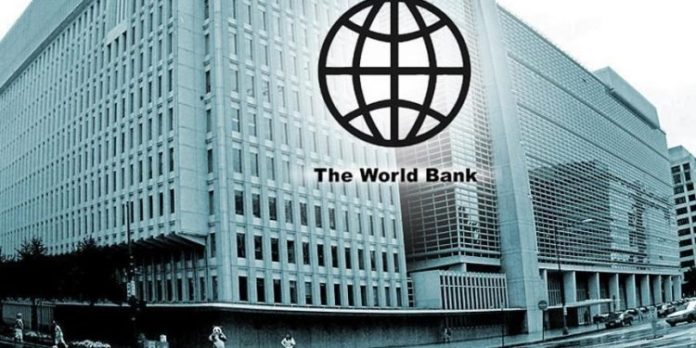By Jeph Ajobaju, Chief Copy Editor
Nigeria has Africa’s largest economy but it must carry out major economic reforms to match the needs of its 200 million population and grow productivity to global standard, according to the World Bank.
To back the cause, World Bank Country Director, Shubham Chaudhuri, confirmed that the institution is considering a $3 billion budget support loan for Nigeria, which would cover around half of its external financing shortfall.
Approval of the loan is expected within the next three to four months, he told Reuters.
Earlier this year, Nigeria stopped fuel subsidy, one of the recommendations the World Bank had pressed for decades to free up funds for infrastructural development – in education, roads, agriculture, healthcare – but now has to do more.
Chaudhuri, who also made the case, said deep economic reforms will help boost government revenues for a sustained recovery after a coronavirus-induced oil price shock that slashed income and weakened its currency.
Reuters quoted him as saying that Nigerians are aware they cannot simply wait for oil prices to recover as happened during the last crisis in 2016 to rebuild the economy, particularly with the health crisis caused by the pandemic.
Africa’s largest economy faces a situation similar to the 1980s when it rationed foreign currency amid shortages caused by a recession and currency weakness.
Nigeria’s current case is worsened by revenues of around 5 per cent of Gross Domestic Product (GDP), which is one of the lowest in the world for similar size countries, Reuters adds.
The ratio stood at 8 per cent last year before the pandemic.
Nigeria can’t wait for oil prices to bounce back
Chaudhuri said the World Bank is considering Nigeria’s loan request to help stabilise its economy and also grow it.
“To wait for oil prices to recover will be shortsighted and I think the government recognises this. It helps us make the case for providing the kind of financing the government has requested,” he told Reuters by phone in Abuja.
Nigeria plans to spend 3 per cent of its GDP to stimulate its economy this year, similar to what most sub-Saharan African countries are doing but far less than the G-20 countries, due to low buffers.
Chaudhuri said the government had demonstrated transparency by disclosing how big a deficit it was expecting this year unlike in previous spending plans, which is a step in the right direction.
Also a decision to move petrol and electricity prices to more market-reflecting tariffs is welcomed and would help free up funds for healthcare and infrastructure, Chaudhuri said, adding that more needs to be done.
On the naira, the World Bank welcomed moves by the Central Bank of Nigeria (CBN) to unify its multiple exchange rate which Chaudhuri said would be supportive of reforms and help attract foreign investment to boost sustainable recovery.
“Now is the time for political courage to be displayed in making the right trade-offs. We see the policy intent and commitment and we are hopeful.”




